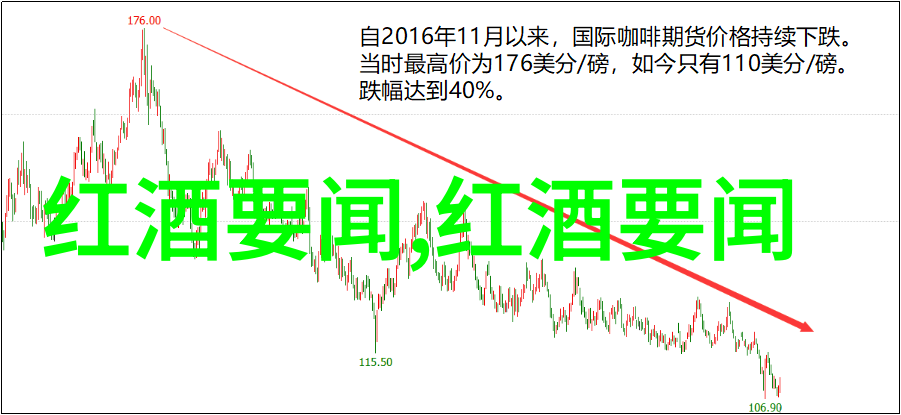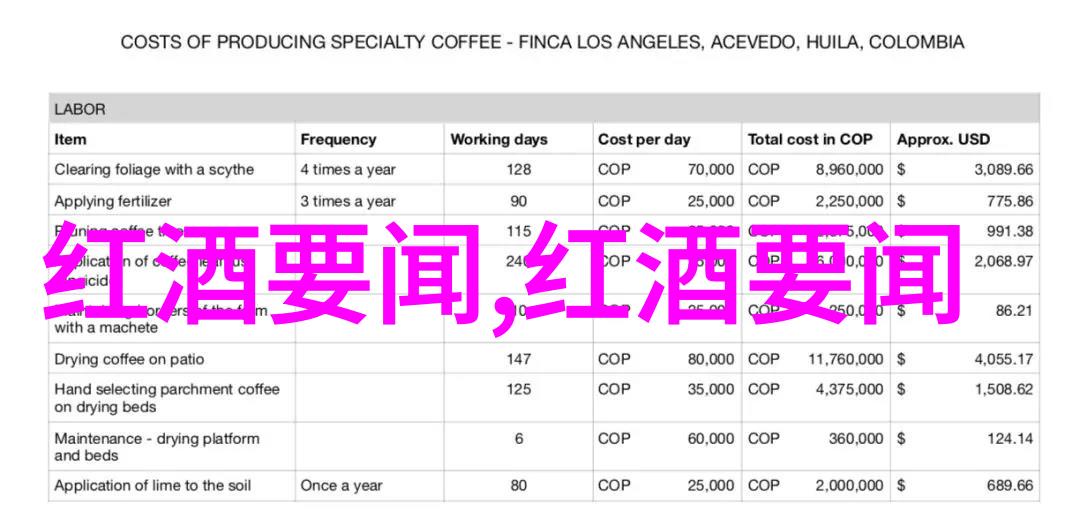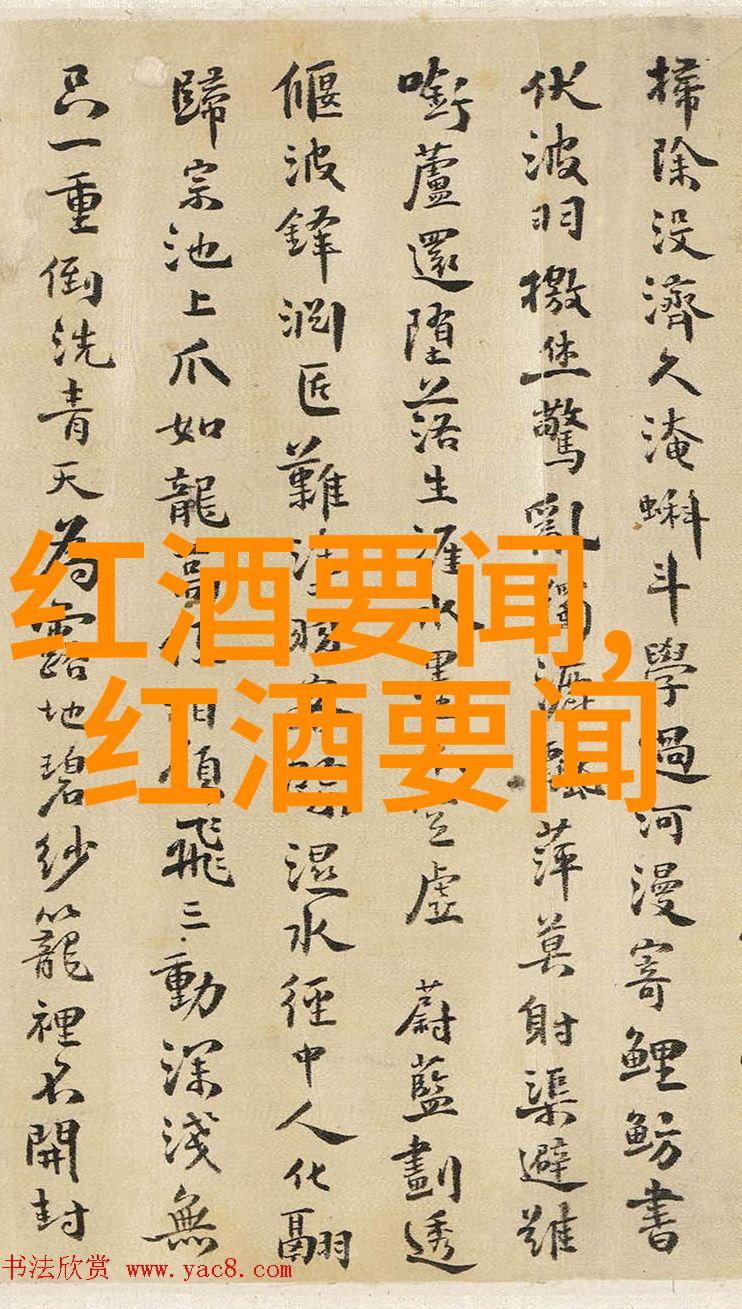散户买etf最大的缺点:缺乏耐心等待,容易在低点入市错失良机

投资者在选择资产配置时,往往会被广泛的金融产品所吸引,其中ETF(交易型基金)因其灵活性和低成本而受到不少投资者的青睐。然而,在这场充满激情与挑战的游戏中,不乏有经验不足、知识有限的散户投资者,他们可能会因为急于求成而忽略了一个至关重要的原则——耐心等待。在这个过程中,他们往往在市场低迷时刻仓促行动,从而错失了潜在的大量利润。
1. 市场波动规律

股票市场如同汹涌澎湃的大海,每天都有新的波动。这些波动是由多种因素引起的,比如经济数据发布、公司业绩报告、政策变动甚至是一些无关紧要的小消息。这就意味着,即使是最优秀的人才也难以准确预测市场走势,更不用说那些普通散户了。因此,对于没有深厚专业知识和足够资讯支持的人来说,尽快做出决策显得尤为危险。
2. 散户心理特征

人们通常更倾向于追逐成功,而不是避免失败。当看到他人的收益高峰时,他们很自然地想要加入进来,但当股市出现下跌或震荡时,这些新手又迅速放弃。这就是典型的心理偏差——“后见之明”。他们总是在事后回顾自己的决策是否正确,而不是基于前瞻性的分析做出决定。这种行为模式导致他们经常错误地判断最佳入市时间,最终错过了许多潜在的长期投资机会。
3. 长期vs短期目标

对于大部分散户来说,他们更多的是追求短期内快速赚钱,而不是构建一个稳健可持续的长期投资组合。而ETF作为一种可以实现分散化和降低风险的手段,却常常被视作一种快速获利工具。但实际上,它们更适用于长期持有的策略,因为它们能够提供一系列股票或债券的一个代表性样本,从而平滑掉单个证券价格变化带来的影响。如果仅仅为了短暂的一次暴风雨般收益,那么即便是使用ETF这样的工具,也无法保证能一次性获得巨额收益,并且这种盲目的追求还可能导致大量资金流失。
4. 资金管理能力限制

随着对金融市场了解程度增加,一些人开始尝试自己进行资金管理。但面对复杂多变的情况,这类人往往难以制定出合理有效的情绪管理计划。一旦遇到突发事件,如重大新闻发布或者某个行业遭受重创,他/她可能会因为恐慌或贪婪而做出不切实际甚至破坏性的决策。此外,由于缺乏财务规划经验,使得这些散户难以应对各种意料之外的事情,比如税收问题、费用结构调整以及不同类型资产之间如何优先配置等问题。
5. ETF操作成本考量
尽管ETF相比传统基金具有较低的手续费,但对于小额资金投入来说,这种优势并不十分明显。特别是在频繁购买卖出的情况下,小额交易手续费累积起来也许远超过了人们预想中的范围。而且,除了直接费用,还有间接费用需要考虑,如指数跟踪误差产生的一系列损耗,以及由于交易压力造成的事实上增高的手续费率。此外,由于整体规模较小,小额账户通常无法享受批量处理带来的折扣,因此每笔交易都将承担全面的服务费用,这进一步增加了成本压力。
结论:
虽然ETFinvesting offers a great deal of flexibility and cost-effectiveness, but for the individual investor who lacks patience and understanding of market dynamics, it can be a double-edged sword that cuts both ways: on one hand, it provides access to diversified investment options; on the other hand, it amplifies the potential for losses due to impulsive decisions based on emotions or lack of knowledge.
In conclusion, while ETFs can be an excellent tool in the hands of knowledgeable investors with long-term perspectives and disciplined approaches to risk management, they may not necessarily be suitable for every individual investor - especially those who are prone to making hasty decisions without fully considering their financial goals and risk tolerance.
It is essential for novice investors to take a step back from this rollercoaster ride called investing and reflect on whether their short-term needs align with what ETFs offer before jumping into this world of high-risk-high-reward investments.
By doing so, they will have taken their first crucial step towards building an effective investment strategy tailored specifically to their own unique circumstances - thereby reducing the likelihood of falling prey to some or all of these pitfalls associated with buying ETFs as a novice investor.
In essence, patience is key when venturing into such uncharted territories; failure to heed this advice may result in missed opportunities at low points in the market cycle which could lead us down a path filled with regret rather than prosperity.
Therefore, if you're new in town (the world of investing), remember that there's no need rush; take your time - let wisdom guide your actions instead!





